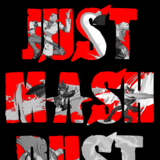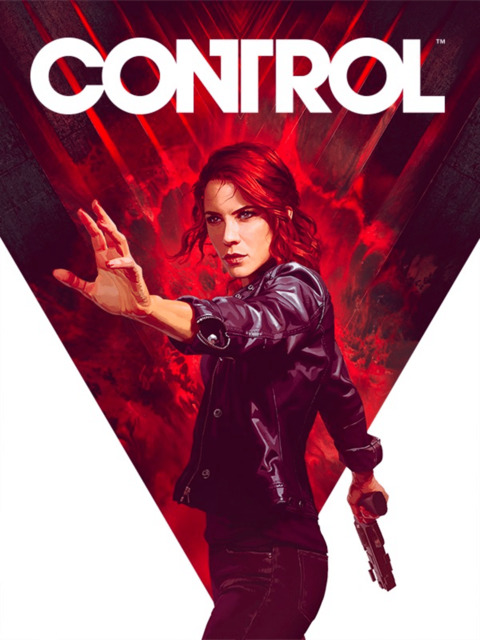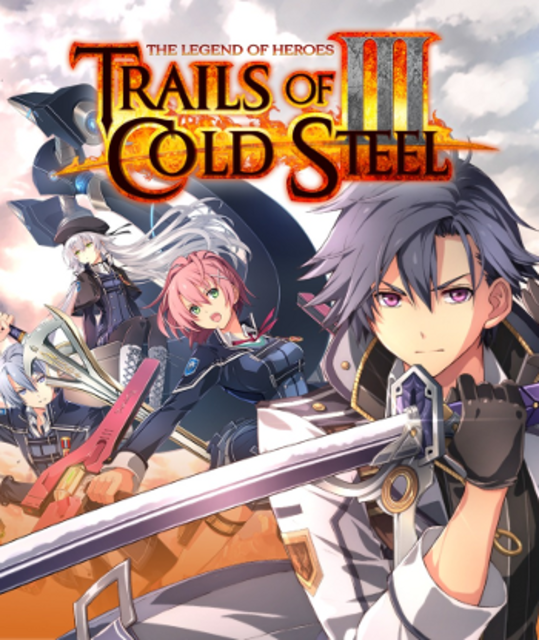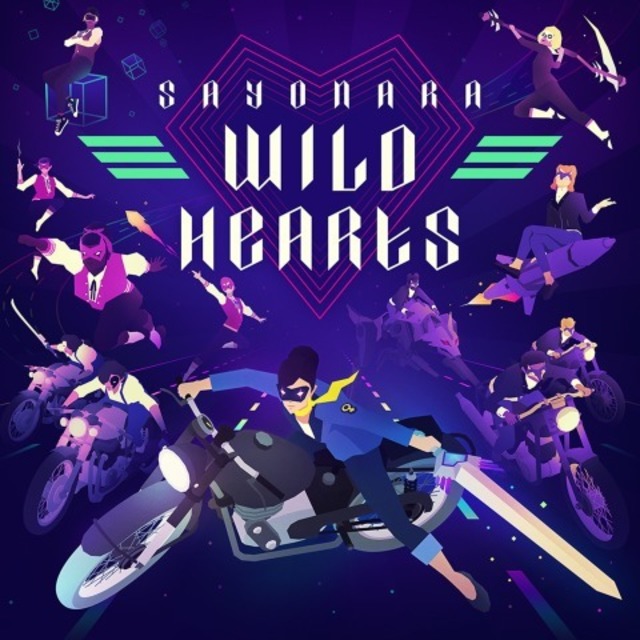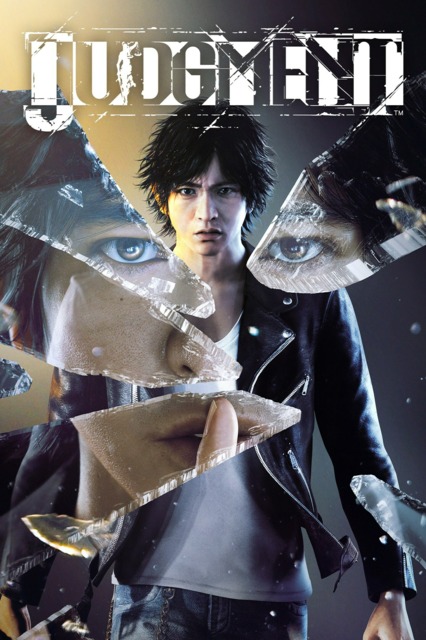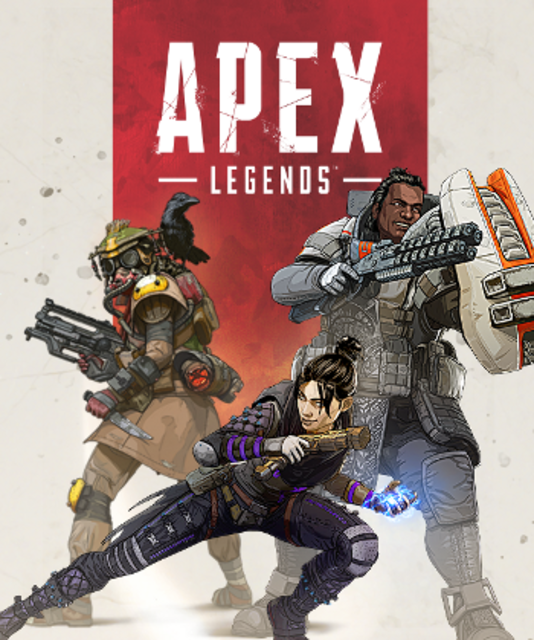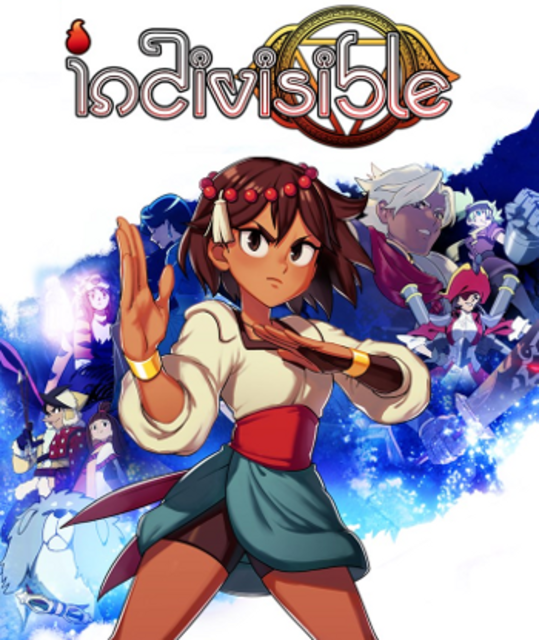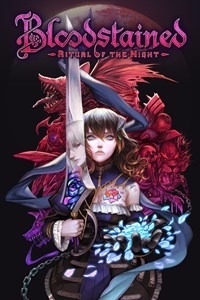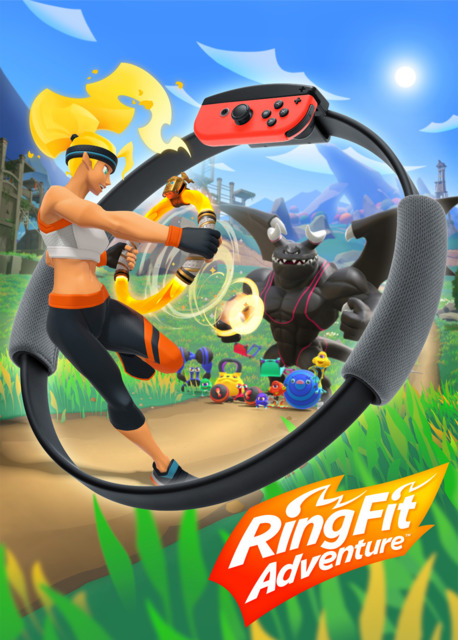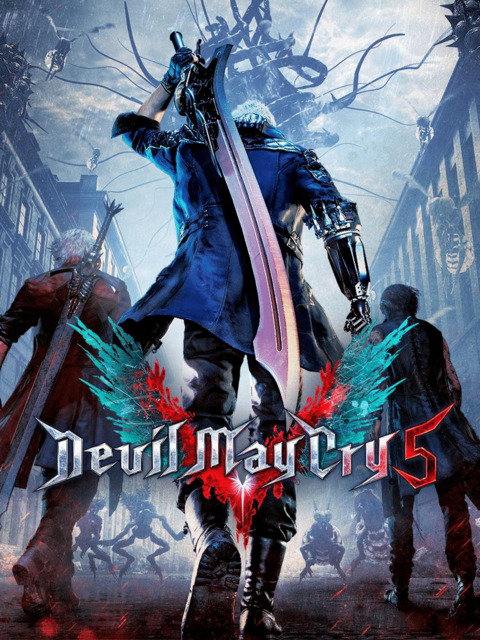Best of 2019
Another heavily delayed list, a busy end of 2019 and beginning of 2020 kept me from writing this up as early as I would have liked. It's still one of my favorite ways to look back on the year, so I'm not gonna miss it. A pretty fun year overall, there were a bunch of things that didn't quite make the cut, whittling down to just 10 was tricky. I'm giving a huge honorable mention to Monster Hunter World: Iceborne as being left off the list because it's technically an add-on, but was some of the most fun I had with a game this year. That game is still great.
